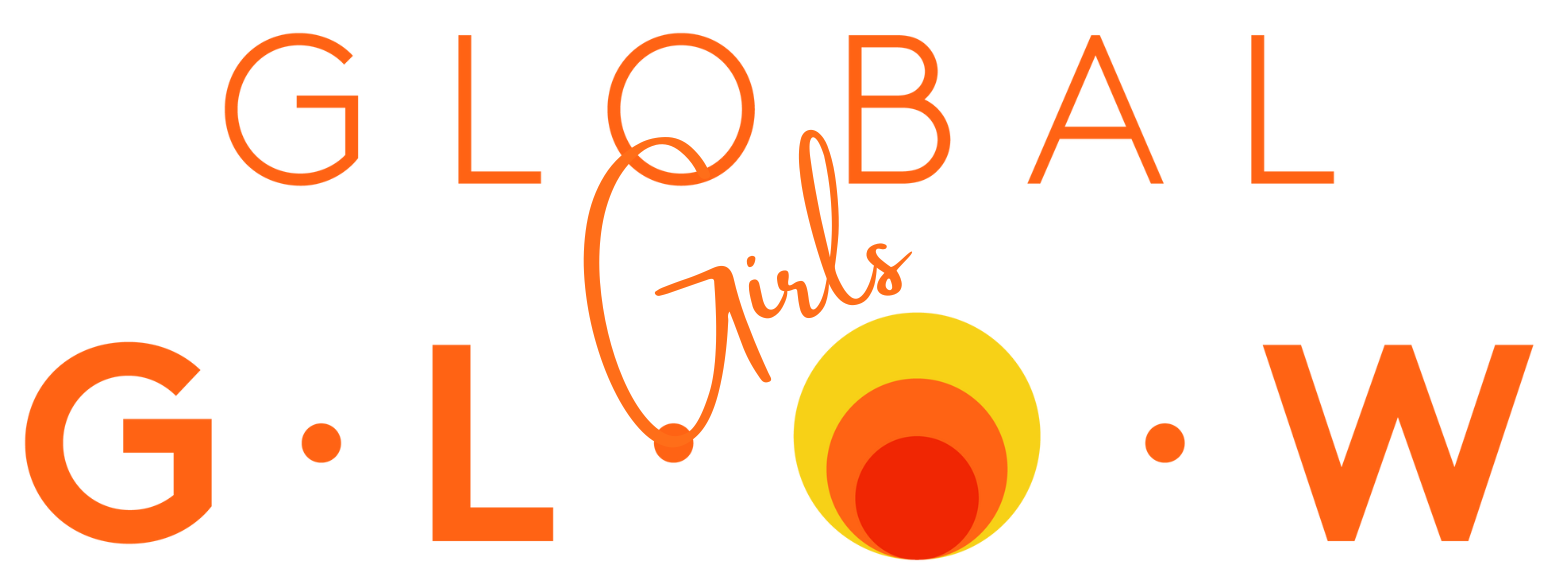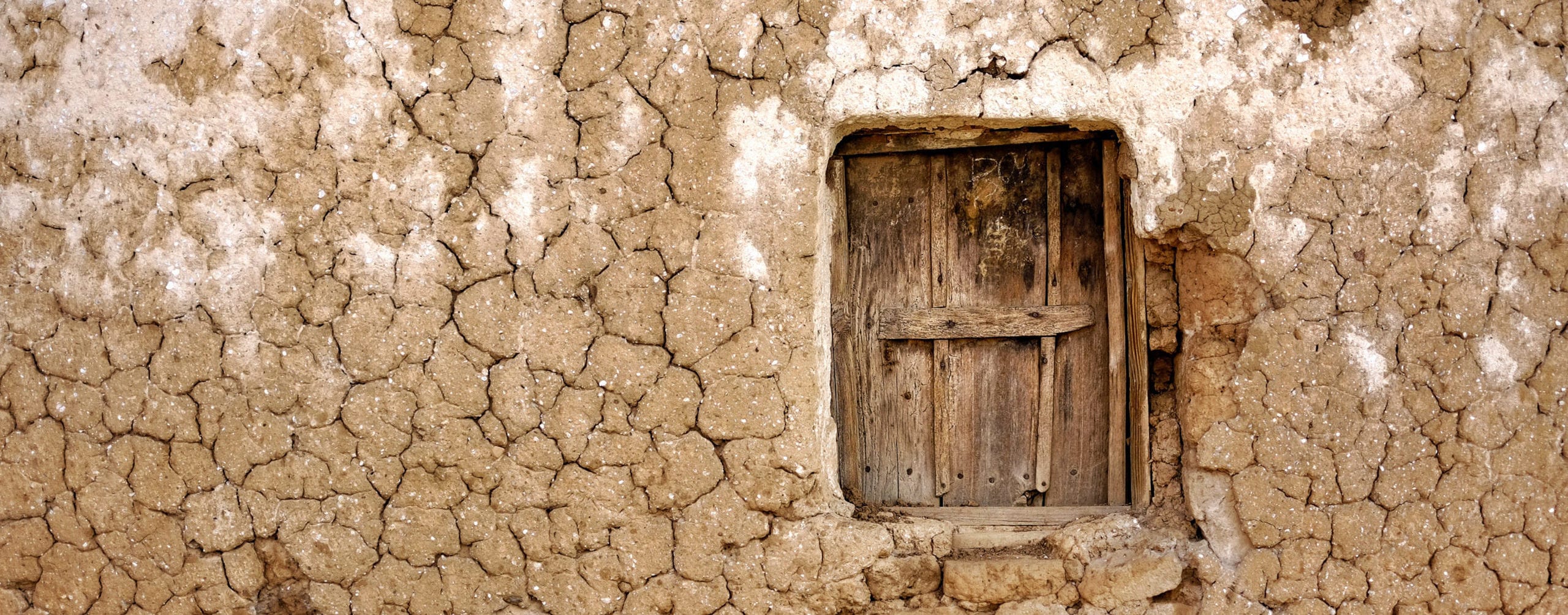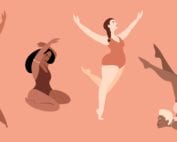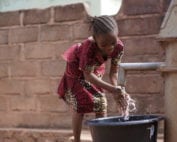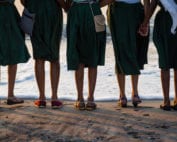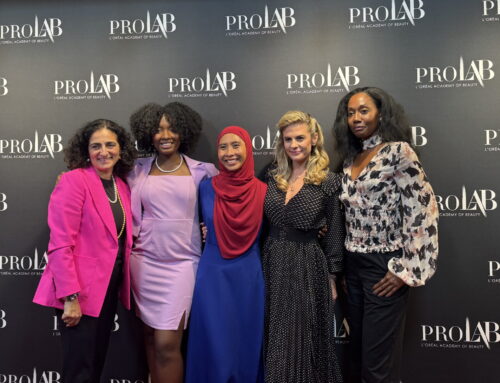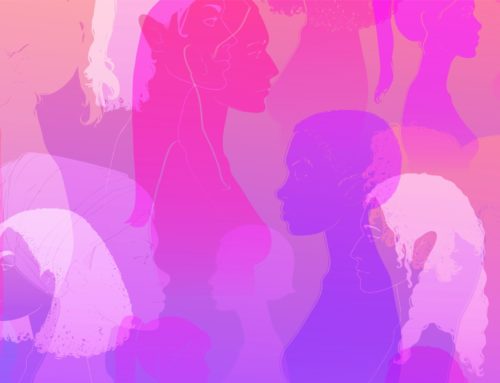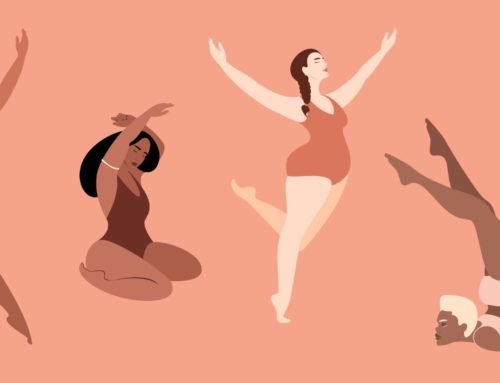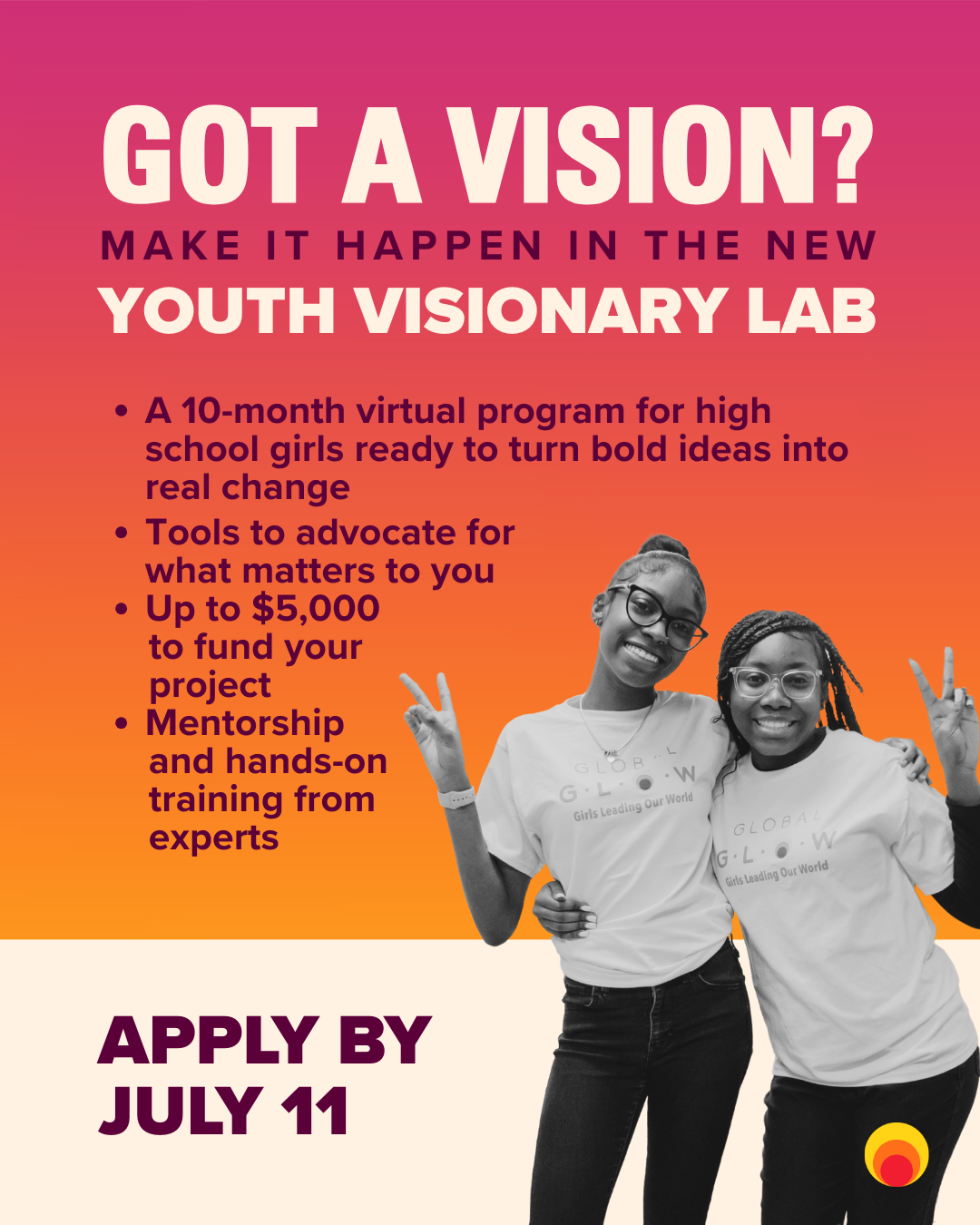When Home is the Most Dangerous Place
For the majority of us, lockdowns and being forced to work from home in the midst of Covid-19 have been viewed as tolerable hardships. But for women and girls in vulnerable communities, staying home could actually be a death sentence. At the beginning of the pandemic, leading women’s health and human rights organizations warned of the dire consequences lockdowns could have on vulnerable populations, and specifically women and girls. Now, one year later, the numbers are confirming our greatest fears: women and young girls are suffering immensely, beyond the normal risk of acquiring Covid-19.
When the pandemic began, school doors were shuttered and children around the wold were forced to stay home. As Global G.L.O.W. partners on the ground in 23 countries can attest to, devastating effects were felt almost immediately. Depression and mental health issues increased substantially. Food insecurity was heightened, as children were no longer receiving food at school. Gender-based violence surged, including teenage pregnancy. Early marriage rates skyrocketed. Forced child labor, including sex work, also increased. Women and girls have even gone missing.
Susan Tusabe, Global G.L.O.W. partnership coordinator at Art of a Child in Uganda summarized these secondary effects, “Girls are safer at school than anywhere else. Now that schools have been closed for months, most girls have been forced into marriages and sexual violation. Due to total lockdown, curfews and quarantine, girls have nowhere to run for help or to report abuse.”
Remarkably, some of the organizations Global G.L.O.W. partners with have found ways to safely reopen their clubs during the pandemic, even as schools remain closed. A few sites found new outdoor community spaces to hold club meetings like churches, school yards, plazas, or beaches. English Education For You in Cote D’Ivoire hand delivered Global G.L.O.W. Safer At Home packets to the girls’ homes and picked them up a few days later. In some countries, coordinators and mentors left the packets at local essential stores so the girls could pick up and drop off the materials.
Other partners have found virtual solutions for engaging with girls. Ready for Reading in Rwanda used available technologies like Zoom or called girls to administer the Safer At Home packets remotely. Others launched radio programs to share information. All of this innovation means our partners have been able to offer a safe haven for girls while they are stuck in their homes, offering them a sense of normalcy and support.
“The packets helped the girls to keep connected, entertained, mentored and learning during that difficult time and it was the only one opportunity of learning that was up and running in our community during 6 months that schools were closed,” said Jean Marie, partnership coordinator from Reading for Reading. They also used social media as a way to stay connected while in lockdown. As restrictions eased, partners began to reopen the physical sites of clubs following their governments safety guidelines on distancing, masks, and hand washing.
For those organizations also seeing the destructive impacts the pandemic is having on girls in their own communities, Global G.L.O.W. partners first and foremost stressed the importance of staying in some sort of contact with the girls so they don’t feel isolated and know they have support available. They also recommended administering programming through any available electronic means such as email, WhatsApp, Instagram, or Facebook. Finally, if local regulations permit travel, they recommend safely visiting the girls in their homes and providing learning materials to help keep their skills current and even advance them while school is closed.
Written by Michele Coleman, Senior Evaluation Advisor at Global G.L.O.W.
